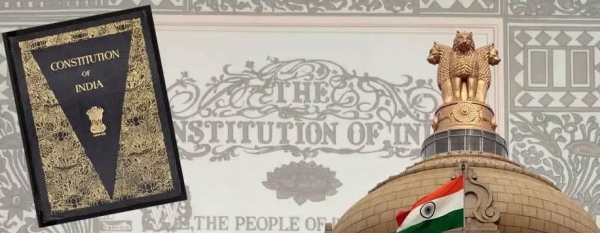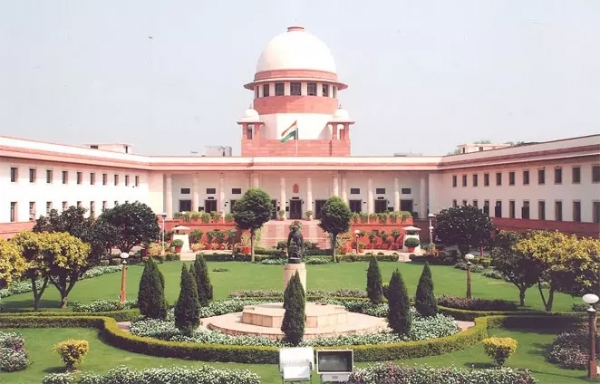
 Data Structure
Data Structure Networking
Networking RDBMS
RDBMS Operating System
Operating System Java
Java MS Excel
MS Excel iOS
iOS HTML
HTML CSS
CSS Android
Android Python
Python C Programming
C Programming C++
C++ C#
C# MongoDB
MongoDB MySQL
MySQL Javascript
Javascript PHP
PHP
- Selected Reading
- UPSC IAS Exams Notes
- Developer's Best Practices
- Questions and Answers
- Effective Resume Writing
- HR Interview Questions
- Computer Glossary
- Who is Who
What are the duties of a prime minister in Indian constitution?
The Prime Minister of India is the head of government and pioneer of the executive branch of the Government of India. The Prime Minister is likewise the chief counselor to the President of India and is also the leader of the Council of Ministers.
The Prime Minister can be an individual from any of the two places of Parliament (the Lok Sabha or the Rajya Sabha), however, must be the chief of the political party, having a superiority in the Lok Sabha.

The Prime Minister is the senior individual from the bureau in the official branch of government in a parliamentary framework. The Prime Minister chooses and can reject different individuals from the department; dispenses presents on individuals inside the Government; is the directing part and director of the bureau.
The government or union cabinet headed by the Prime Minister which is named by the President of India to help the latter in the organization of the undertakings of the executive. Union bureau is by and large capacity to the Lok Sabha according to Article 75(3). The Prime Minister should dependably appreciate the certainty of Lok Sabha and might leave in the event that they can't demonstrate larger part when trained by the President.

Role of Prime Minister
The link between President and Council of Ministers:
The Prime Minister is the pioneer of the Council of Ministers and fills in as the channel of correspondence between the President and the Council of Ministers. It is his obligation to impart to the President every one of the choices taken by the Council of Ministers and to give data in regards to the organization of the Union or recommendations for the lawmaking body as called for by the President.
Distribution of Portfolios:
He assigns portfolios among the ministers and conveys work among different services and workplaces. The Prime Minister arranges work among different services and divisions through the Cabinet Secretariat.

In-Charge of Ministries:
Executive likewise holds certain portfolios that are not designated to different ministers. He is by and large accountable for the accompanying services/offices:
Service of Personnel, Public Grievances, and Pensions
Service of Planning
Branch of Atomic Energy
Branch of Space
Arrangements Committee of the Cabinet

Duties of Prime Minister
He is the executive of the Planning Commission, National Development Council, National Integration Council, and Inter-State Council.
He assumes a critical part in forming the remote arrangement of the nation.
He is the central representative of the Union government.
As the representative of the country, he takes care of foreign visits and agreements with other nations.

